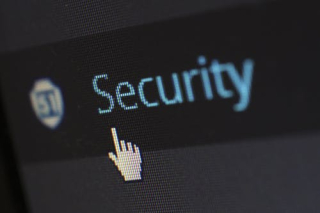With the emergence of cryptocurrency, many questions have arisen, including the impact of cryptocurrency on everyday life and the economy. However, whether someone has a small amount of Bitcoin or millions in cryptocurrency assets, many individuals do not consider how cryptocurrency assets should be incorporated into an estate plan. Incorporating cryptocurrency into an estate plan allows assets to be protected and ensures these digital goods are passed along after a person has died. Below are common questions and explanations about cryptocurrency and its role in the estate planning process.
What is Cryptocurrency?
Although the word “cryptocurrency” is used often, not many people know what cryptocurrency actually is. Cryptocurrency is a digital currency based on a network distributed across computers, and it is nearly impossible to counterfeit. Cryptocurrencies are decentralized, meaning they operate outside the control of governments. Bitcoin is the most well-known of the cryptocurrencies. Cryptocurrency is accessed through a private key, which is usually a password that only the owner of the cryptocurrency knows. Without knowing the private key, an individual cannot access, buy, or sell the money. Alternatively, some brokerage houses allow investors to purchase cryptocurrency through their existing accounts.
How Can I Incorporate Cryptocurrency into My Estate Plan?
Because cryptocurrency is digital, it is essential for individuals to include instructions in their estate plan on how to access these assets. Otherwise, if the person dies, the funds may be lost forever—or it may take years to regain access. Estate planning attorneys recommend including a list of all cryptocurrency assets an individual has, along with detailed information about the cryptocurrency’s private key and login information. This will allow beneficiaries to access digital assets and ensure they are not lost forever.
 Houston Estate Planning and Elder Law Attorney Blog
Houston Estate Planning and Elder Law Attorney Blog











